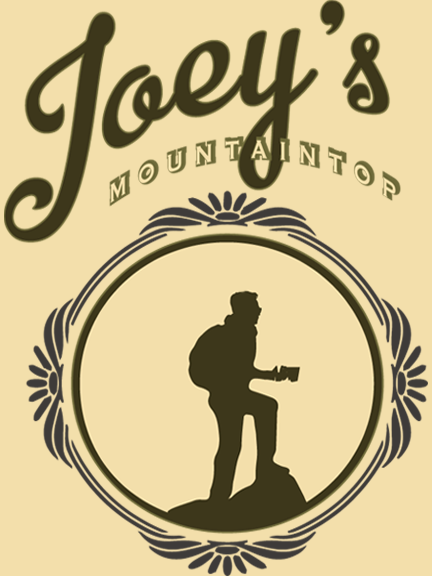My Coffee Language
noun lan·guage \ˈlaŋ-gwij, -wij\
-
1a : the words, their pronunciation, and the methods of combining them used and understood by a community

The drive here is the natural fruit acids in coffee which present themselves with a very sweet, mouth-watering brightness (tart, tangy, etc.). These are the most popular coffees in the third-wave trend and they are almost always roasted light to medium light.

Equal portions of body and brightness are the drive of these coffees. The Japanese are especially fond of this profile. . . go figure, it's Japan and they're all about balance. Look for rich depth combined with floral and fruity characteristics. The common roasts for this profile are light to medium light; however, you can get a balance driven profile at a medium dark to even light French roast in certain coffees that have a unique propensity to maintain their brightness even at a darker than normal roast (ex. some Costa Rica & Guatemala's).

Think of these coffees as a warm blanket on your palate. The primary drive is that "classic"deep, smooth and rich profile that often plays to tones of chocolate, toffee, caramel & nuts. These coffees have little to no brightness. Most classic donut shop and house blend coffees are body-driven. Classic island coffees like Kona, and Jamaican Blue Mountain generally drive to body. These coffees are generally roasted light to medium or even medium dark.

The primary drive of these coffees is the effect of the roast. These coffees are almost exclusively always roasted in the medium dark to dark French range. On some coffees its fun to close the air off in the roaster drum and let the coffees rate in a thicker cloud of smoke for more smokiness! Look for a profile that plays to smoke, spice, dark chocolate and sometimes even winy, fruit-like sweetness. Although these coffees often play heavily to body, the primary drive is still roast, thus the title. This dark roast trend was made popular in the West coast during the 70's and is seen in some of the larger chains.
* Be sure to visit our blog for more background behind the development and evolution of our coffee language.
